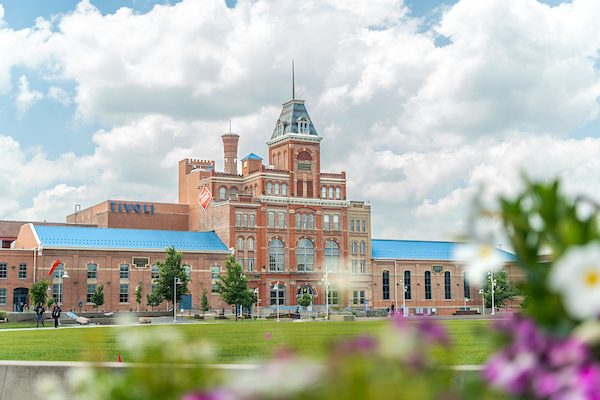Request Information
Ready to find out what MSU Denver can do for you? We’ve got you covered.
You can download a Dialogues Program Overview document here: Dialogues Program Overview (PDF).

Join the Dialogues Program this semester in workshop-based learning and conversation.
This workshop is focused on creating the conditions for dialogue. Dialogue as a mode of communication is an inherently relational practice that encourages learning through storytelling. Whether you are discussing environmental justice, cancel culture, the election, or another challenging topic, storytelling connects personal experiences with critical analysis of the issues. To set the stage for storytelling and critical thinking, norm setting is a best practice to “dialogue about the dialogue” and help participants co-create the parameters of how they discuss the topic at hand. Relationship focused models of communication also create more effective pathways to addressing conflict. It is much easier to disagree with others you know and with whom you’ve discussed how to disagree.
This workshop will teach participants how to set norms effectively, and how to create an environment of storytelling-based learning.
Strengthening Dialogue: Self-Reflexivity & “Venting” Heated Conversations will offer helpful tools to being a more holistic facilitator of hard conversations. This workshop will help you refine your facilitator skills by helping participants practice adaptability, transitions and redirections, and addressing harm or problematic statements that come up in team meetings, classroom discussions, and other contexts. Additionally, we will explore the concept of “multiple truths” or that in conflict, or how to balance multiple perspectives and lived experiences. These tools help to relieve the pressure or intensity of hard conversations, and keep the momentum moving when there is disagreement. Conflict is a normal part of life and normalizing disagreement is a key element of dialogue and facilitation.
Take a break and attend the Mindfulness Practice and the 2024 Election workshop, which will include both content and a guided practice of mindfulness. Election seasons always cause more stress, worry, and feelings of uncertainly. Mindfulness helps us slow down, tap into the present, and focus on our bodies and responses. If you find yourself having a lot of hard conversations, in class, at work, with family and friends, this workshop might be fore you to take breath and ground yourself.
Want to know more about Dialogues?
Please feel free to reach out to us with questions:
The Dialogues Program is a partnership between the Dean of Students Office & the Communication Studies Department.
Meet the Dialogues Team:
Dr. Christina Foust, Professor, Communication Studies | [email protected]
Dr. Elisa M. Varela, Assistant Professor, Communication Studies | [email protected]
Katia Campbell, Associate Dean, College of Letters, Arts & Sciences & Professor, Communication Studies | [email protected]
Elise Krumholz, Assistant Director, Restorative Justice & Student Conflict Resolution | [email protected]